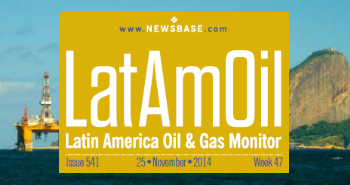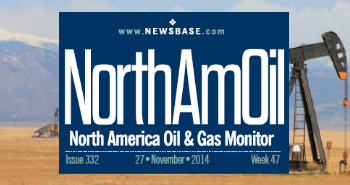Venezuela’s oil lifeline falters as US military pressure mounts

Venezuela’s oil industry, the backbone of its economy and once the envy of Latin America, is buckling under the combined weight of US sanctions, falling prices and internal dysfunction, OilPrice reported.
The deepening crisis has left Nicolás Maduro scrambling to maintain stability as Washington increases its military presence in the Caribbean, targeting vessels it accuses of drug trafficking.
The International Monetary Fund (IMF) expects Venezuela’s economy to grow by a marginal 0.5% this year before shrinking by 3% in 2026, with inflation projected to skyrocket to nearly 550% next year.
Oil output has held at roughly 1mn barrels a day, but declining crude prices, steep export discounts and logistical hurdles have sharply reduced foreign-currency inflows. “Lower oil prices, larger price discounts, and logistical issues have weakened oil export proceeds, triggering a generalised FX scarcity,” the IMF noted. With limited revenue and restricted access to capital markets, Caracas is relying increasingly on monetary financing, deepening pressure on the bolívar, which is expected to lose 80% of its value in 2025.
The IMF warned that Venezuela remains trapped in a “deep economic, political, and humanitarian crisis,” with hyperinflation reversing years of fragile stabilisation. Around 8mn citizens—one in four—have left the country since 2014.
Analysts say control over Venezuela’s vast oil reserves remains central to the country’s political fate. “A trifecta of factors strengthens US incentives for promoting regime change in Venezuela,” said Erik Meyersson, chief emerging-market strategist at SEB. “These include domestic US political incentives, the benefits of harnessing Venezuela’s vast natural resources, and a chance to reduce China’s geopolitical influence in the region.”
Despite speculation of US intervention, analysts see a full-scale invasion as unlikely.
“Markets see a low likelihood of invasion or US boots on the ground, but the probability of direct military engagement between the two countries’ armed forces is effectively a coin toss,” Meyersson said.
For now, Venezuela’s lifeline—its oil—is keeping the economy on life support, but with dwindling revenues and eroding infrastructure, even that anchor is beginning to slip.



Follow us online